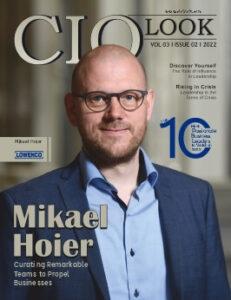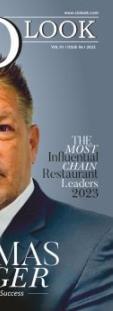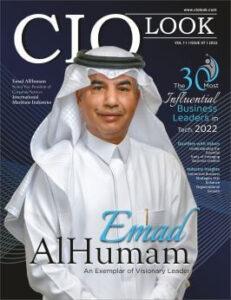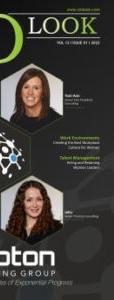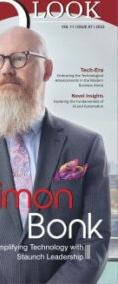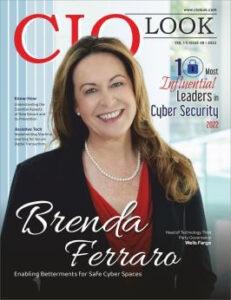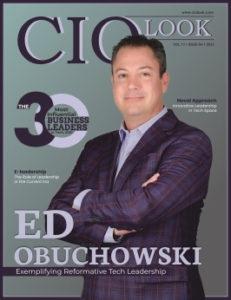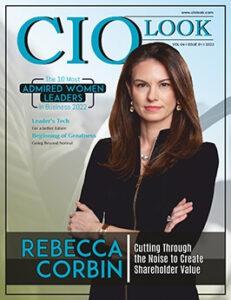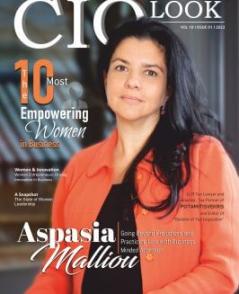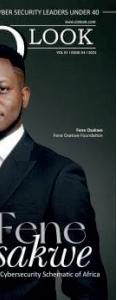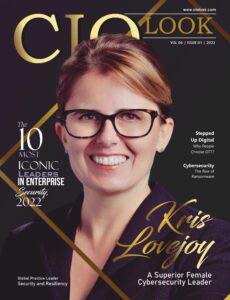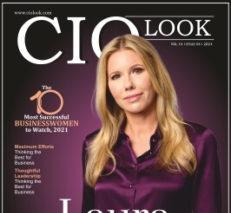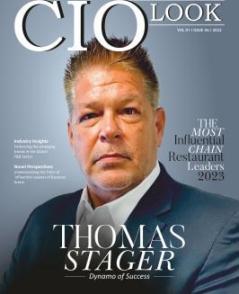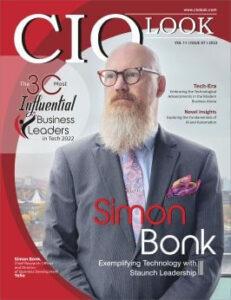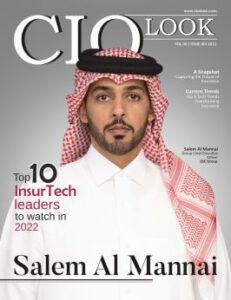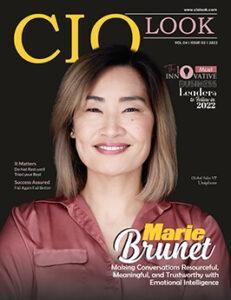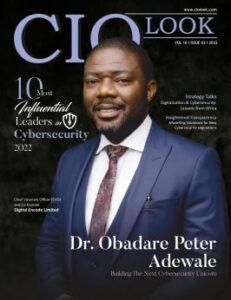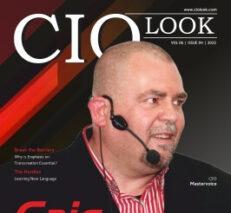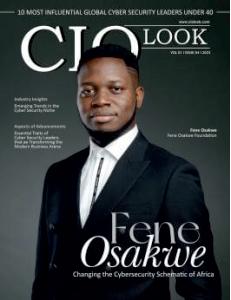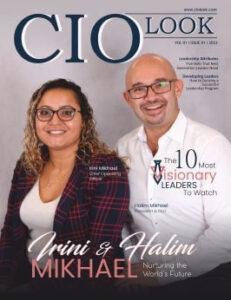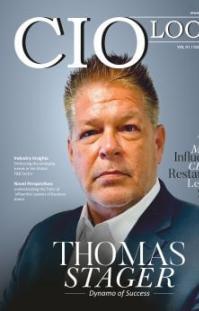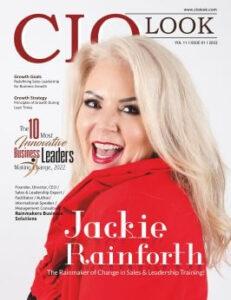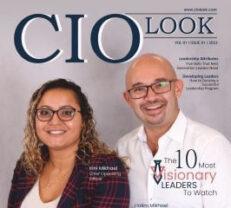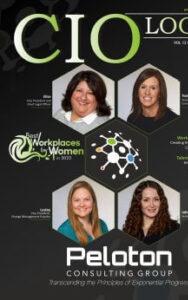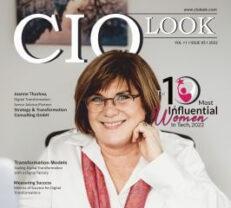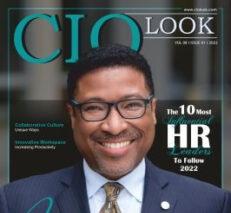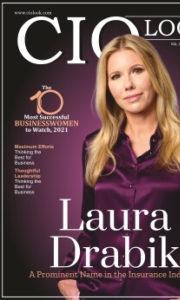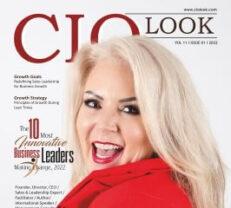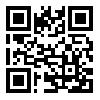

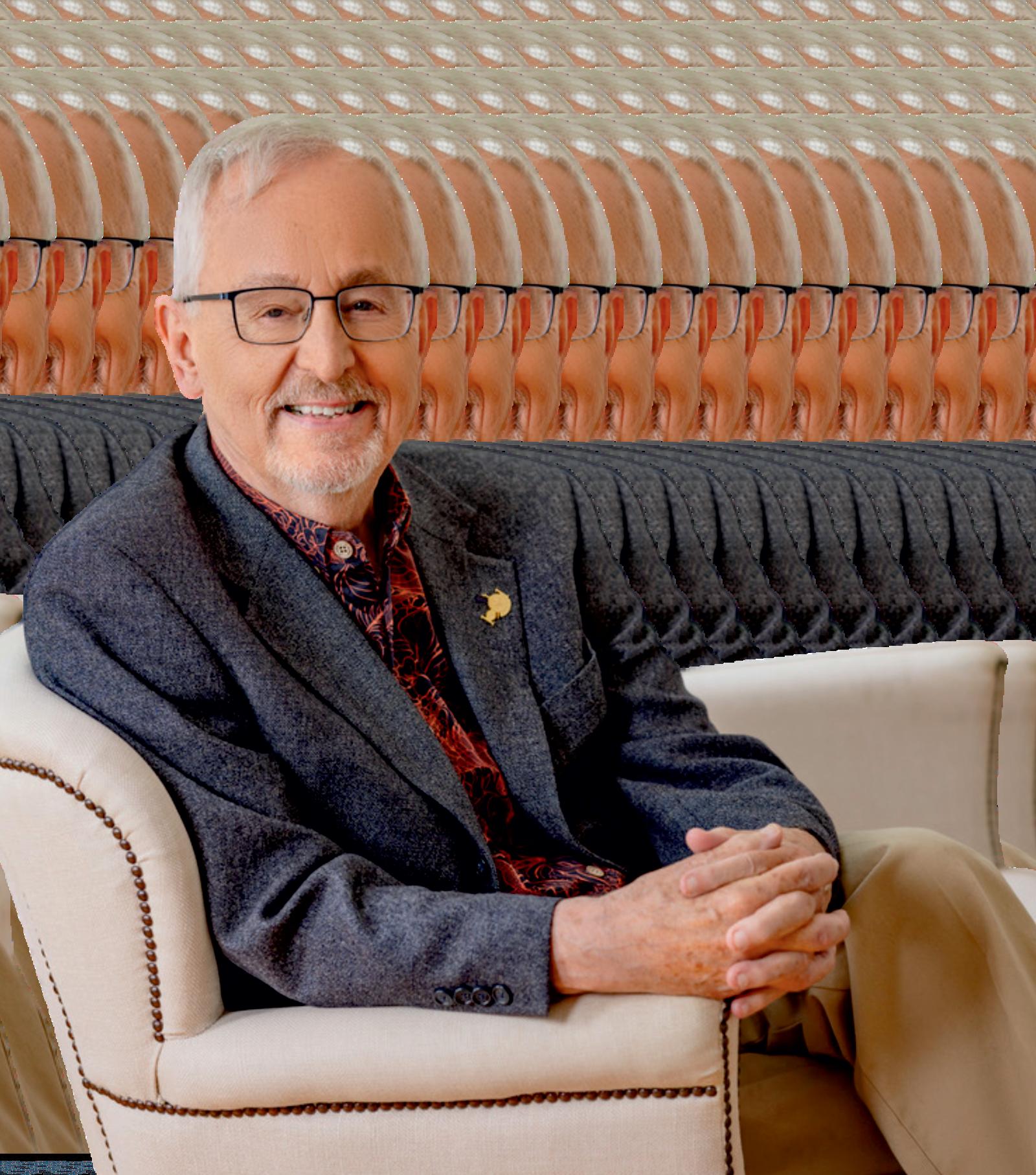

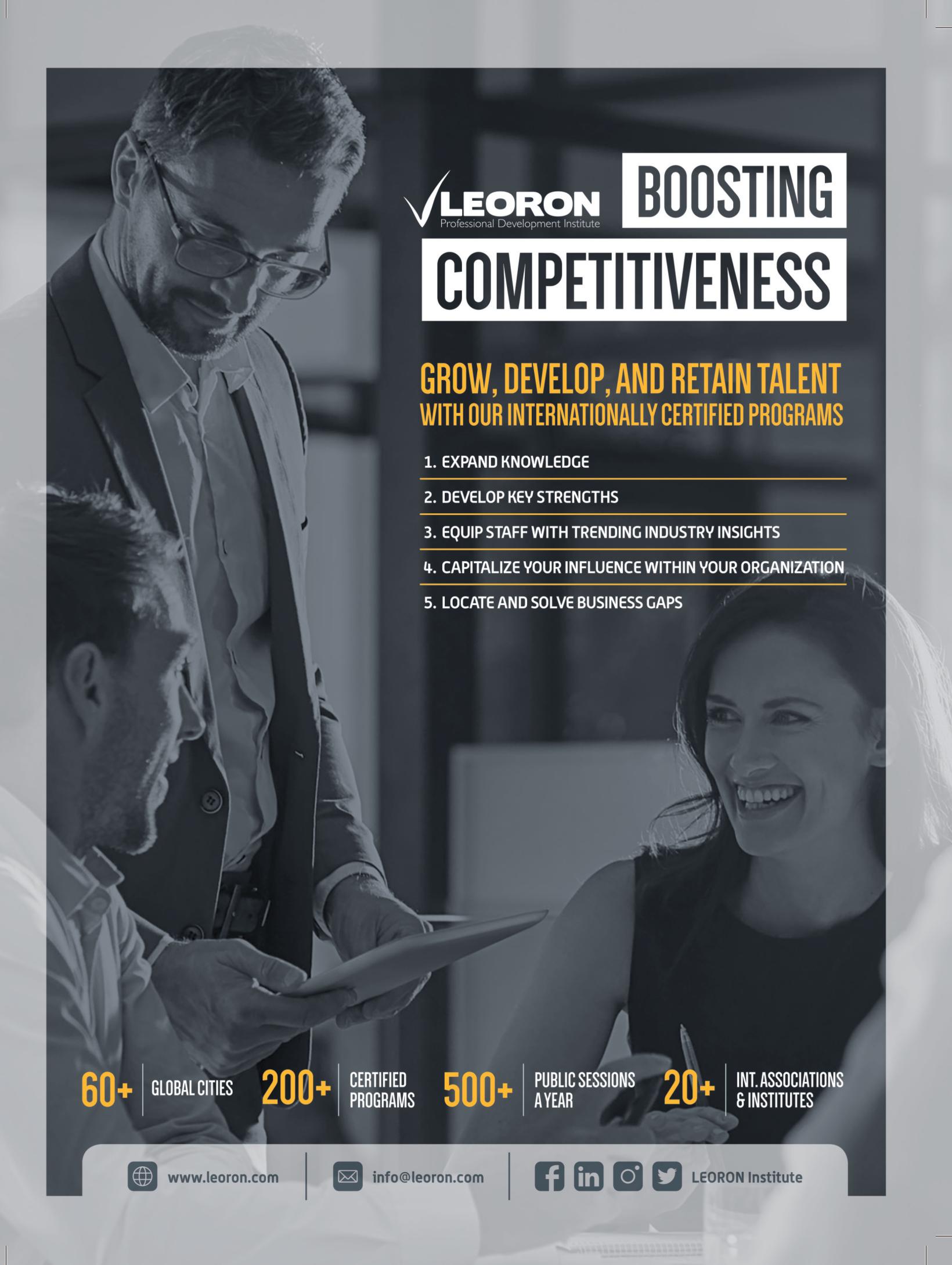












InthisspecialHallofFameedition,wetakeimmense
prideincelebratinganextraordinaryvisionarywhose contributionshavereshapedthegloballandscapeof education—ProfessorRichardLarson Withacareer spanningdecade,Richardhasnotonlyadvancedthe frontiersoflearningandinnovationbutalsoinspired generationsofstudents,educators,andpolicymakers acrosscontinents.
Knownforhisgroundbreakingworkinoperations researchandhisunwaveringcommitmenttothe intersectionoftechnologyandeducation,Richardhas consistentlydemonstratedwhatitmeanstoleadwith purpose,empathy,andintellectualcourage.Hiseffortsto integratesystemsthinkingwithreal-worldeducational challengeshavemadehimaguidinglightinboth academiaandpublicservice.
Thiseditionismorethanatribute—itisatestamenttothe poweroftransformativeleadership.Asyoujourney throughthepages,you’llwitnessthedepthofRichard Larson’slegacy:frompioneeringresearchatMITtohis globalimpactinshapingeducationpolicyanddigital learningenvironments.Hisstoryisapowerfulreminder thattrueleadersdon’tjustteach;theycreateecosystems whereotherscanthrive.
CIOLookishonoredtoincludeRichardLarsonintothe HallofFameasaGlobalEducationLeader,recognizing notonlyhisbrilliancebutalsohisenduringinfluenceon howtheworldlearns,teaches,andevolves.
Happy Reading!

08 Breakthrough Ideas: Navigating Global Education Leadership Challenges
18
Strategic Innovation: Innovative Leadership Trends Shaping Education A Life Devoted to Education, Innovation, and Mentorship –The Legacy of Richard Larson
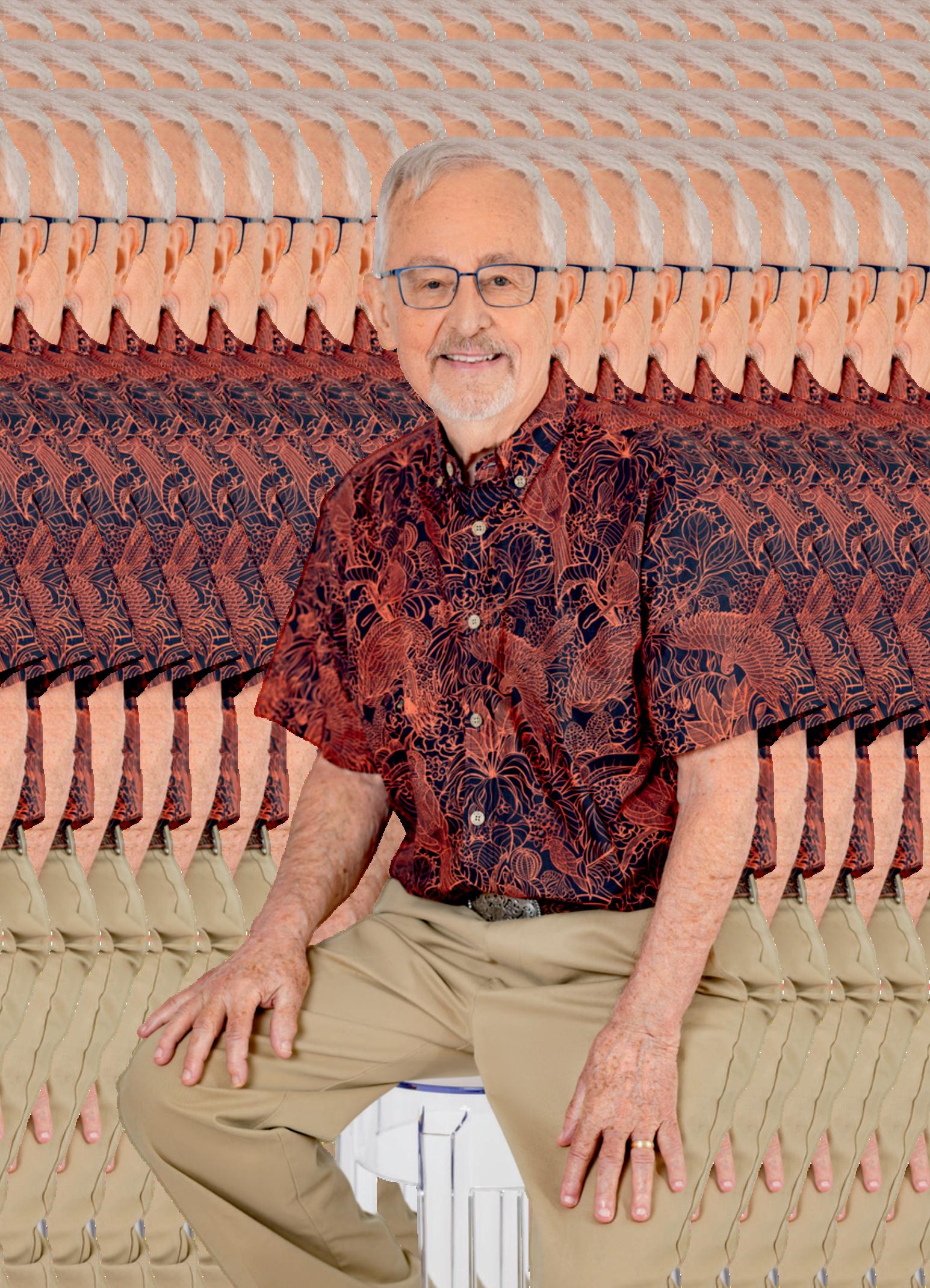



PoojaMBansal Editor-in-Chief
CONTENT
Deputy Editor Anish Miller
Managing Editor Prince Bolton
DESIGN
Visualizer Dave Bates
Art & Design Director Davis Mar�n
Associate Designer Jameson Carl
SALES
Senior Sales Manager Wilson T., Hunter D.
Customer Success Manager Collins J.
Sales Execu�ves Tim, Smith
TECHNICAL
Technical Head Peter Hayden
Technical Consultant Victor Collins
SME-SMO
Research Analyst Eric Smith
SEO Execu�ve Alen Spencer

FOLLOWUSON www facebook.com/ciolook www.twi�er.com/ciolook

WE ARE ALSO AVAILABLE ON
Email info@ciolook com For Subscrip�on www.ciolookmedia.com CONTACTUSON
Copyright © 2025 CIOLOOK, All rights reserved. The content and images used in this magazine should not be reproduced or transmi�ed in any form or by any means, electronic, mechanical, photocopying, recording or otherwise, without prior permission from CIOLOOK. Reprint rights remain solely with CIOLOOK.
July,2025


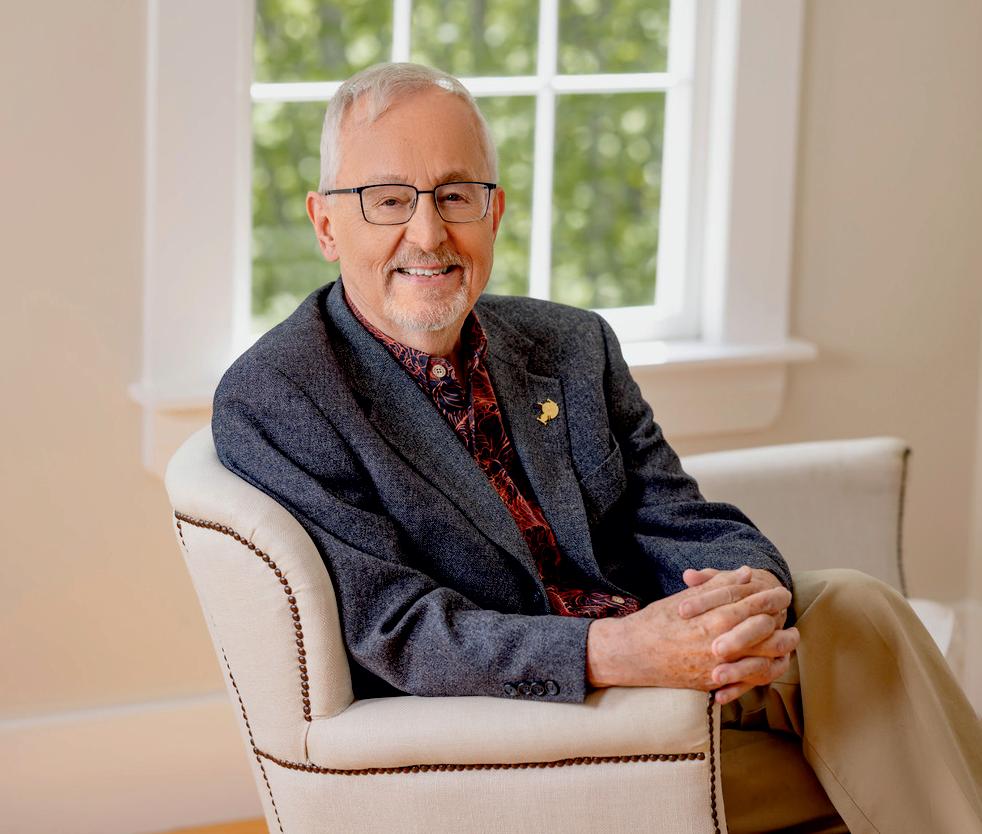

C O V E R S T O R Y
Professor MIT
Education,beyonditsfunctionalutility,isthebedrock of an enlightened and progressive society. It shapes individuals into thoughtful citizens, capable of understanding complex challenges and responding with informedchoices.Thestrengthofeducationliesnotmerelyin thedisseminationofinformationbutinitsabilitytoempower minds, reduce inequality, and open the doors to endless opportunities. At the heart of impactful education lies mentorship, vision, and unwavering dedication—qualities thathavedefinedProfessorRichardLarson’slifeandcareer.
In a world increasingly driven by rapid technological changes,fewindividualshavemanagedtoretainaconsistent impactacrossdecadeswhileevolvingwiththetimes.Richard Larson, a name synonymous with academic excellence and innovation, is one such individual. With over 55 years as a professor at MIT, he has significantly contributed to redefining how education is delivered and received. Beyond theclassroom,hisinfluencespansresearch,publicpolicy,and mentoring future changemakers. His story is not just about academicsuccess;it'saboutalifeofpurposeanddevotionto knowledge.
This article explores the illustrious journey of Professor Richard Larson—his early life, academic path, professional achievements,andthephilosophiesthatdrovehim.Through his own reflections, one can glean the values that have allowed him to remain not only relevant but revered. For educators,students,andreformersalike,Larson’slifeoffersa powerful case study in visionary leadership, resilience, and thetransformativepotentialofeducation.
Born in 1943 in Bayside, Queens, New York, Richard Larson’s journey into academia began in an environment typical of post-war American suburbia. His family later relocatedto Pennsylvania and then to North Plainfield, New Jersey,wherehecompletedmostofhisschooling.Abrilliant andinquisitivechild,Larsonshowedearlysignsofacademic prowess,especiallyinscience.
HishighschoolyearsinNeedham,Massachusetts,werefilled with curiosity and a growing passion for physics. Upon graduating from Needham High School, he enrolled at the Massachusetts Institute of Technology (MIT), where he completedhisBachelor’s,Master’s,andDoctoraldegreesin ElectricalEngineering.Thiswasthebeginningofwhatwould become a lifelong relationship with one of the world’s most prestigiousinstitutions.
While physics initially drew his attention, Larson soon realized his interests extended beyond the confines of any singlediscipline.Hefoundchemistryuninspiringandbiology tooreliantonrotememorization.Thesereflectionsshapedhis careeraspirations—nottobecomeatraditionalphysicist,but ratheranacademicwhocouldnavigateacrossdisciplinesand silos.
This decision was a defining one. He envisioned himself transitioning repeatedly across academic fields, thereby connectingdiversedomains.Hisjourneythusbecameoneof aboundary-breaker,someonewhoviewededucationnotasa rigidpathbutasadynamicprocessfilledwithexploration.
ProfessorLarson’steachingjourneyatMITisremarkablefor itsbreadthandconsistency Overtheyears,hetaughtcourses acrossfivedifferentdepartments—animpressivefeatbyany academic standard. Beginning with Electrical Engineering, his scope eventually expanded to interdisciplinary hubs like MIT’sInstituteforData,Systems,andSociety(IDSS).
He recalls with clarity the day he received his acceptance letter to MIT He initially believed it was a mistake, suspecting a clerical error Such was his humility But as he wouldlaterlearn,thisfeelingofdisbeliefwasnotuncommon among MIT entrants—a phenomenon he humorously refers toasthe“GrouchoMarxSyndrome.”
“Professor Larson offers a simple yet powerful reflection. He wants to be seen as someone who loved his work—not as a job, but as a mission.” “



Larson embraced his time at MIT with vigor. He was never onetoteachforthesakeofit;instead,heviewededucationas asacredresponsibility Hebelievededucationwastheworld’s greatest investment—a tool that transforms lives. To him, educationisaninvisibleladderthattakesindividualstonew heights,andonceearned,itcanneverbetakenaway

One of Professor Larson’s most memorable experiences involvesastudentwhowantedtodrophisclassduetoalow examscore.Thestudent,disheartened,cametoinformLarson of his decision Instead of simply accepting it, Larson engaged him in deep discussions Through support and mentorship, he helped the student stay in the course and ultimatelytransformintoatop-performingstudent.
This anecdote is emblematic of Larson’s approach—personal,persistent,andfocusedonthelong-term development of his students. His mentorship was never limited to academic performance. It extended to building confidence,encouragingcuriosity,andfosteringapassionfor learning.
Larson’simpactisnotconfinedtotheclassroom.Heservedas President of the Operations Research Society of America (ORSA)in1993–94andlaterasPastPresidentofINFORMS (Institute for Operations Research and the Management Sciences). At MIT, he co-directed the Operations Research Centerforover15yearsandledseverallarge-scaleinitiatives.
“Dr. Richard Larson’s journey is a powerful testament to what a life devoted to education can achieve.” “
One of his notable projects includes leading the MIT BLOSSOMS initiative, which aimed to improve STEM education worldwide through innovative video lessons During the COVID-19 pandemic, he also focused on modeling disease spread and vaccine distribution strategies. Hisresearchhasnotonlybeentimelybutalsotransformative ininfluencingreal-worldpolicies.
Despitethechangingtidesofeducationalplatformsandtools, Lar
constant engagement above all He believes that any subject,iftaughtwithpassionandclarity,canigniteinterest. OperationsResearch,whichhedescribesasthe“world’smost important invisible profession,” is one such subject he finds especiallyengagingtoteach.
Through practical examples such as airline scheduling and queuingsystems,Larsonensuresthatevencomplextheories are accessible and relevant. His ability to relate textbook knowledge to everyday applications is part of what makes himabelovededucator
Larson defines a visionary leader as someone who educates not just for exams but for life. Such a leader encourages students to ask questions, challenge norms, and think independently Visionary educators don’t merely create followers—theyinspirefutureleaders.
Hebelievesthattrueleadersineducationarethosewhochart untraveledpaths,takerisks,andempowerstudentstodothe same.ForLarson,educationisnotaboutconformitybutabout creativity,exploration,andtransformation.
When asked how he wishes to be remembered, Professor Larsonoffersasimpleyetpowerfulreflection.Hewantstobe seen as someone who loved his work—not as a job, but as a mission. He hopes to be remembered as a person who contributedmeaningfullytothefieldofOperationsResearch and whose students went on to lead impactful lives across academia,government,andindustry
Hisworkhasnotjustbeenaboutteachingorpublishing.Ithas been about building a community of thinkers, problemsolvers,andfutureeducatorswhocarryforwardhislegacy

Professor Larson’s contributions have been widely recognized. His first book, Urban Police Patrol Analysis (1972), won the Lanchester Award. He also received Best Paper of theYear awards for two influential studies: one on H1N1vaccinedistributionandanothertitled STEM Crisis or STEM Surplus? These awards reflect his excellence in both theoryandpractice.

In2015,hewashonoredwiththeLawrenceM.KleinAward bytheU.S.DepartmentofLabor Hisworkhasbeenfeatured in major publications, including The New York Times, reaffirminghisstatusasathoughtleader
Dr.RichardLarson’sjourneyisapowerfultestamenttowhat a life devoted to education can achieve. From his humble beginnings to becoming a professor at MIT, a renowned researcher, and an influential mentor, his legacy is one of inspiration He has touched countless lives through his teachings,shapedpoliciesthroughhisresearch,andmentored individualswhocontinuetoimpacttheworld.
Education, according to Larson, is not just a career—it is a calling. And through his unwavering dedication, he has showntheworldjusthowtransformativethatcallingcanbe. Asfutureeducatorsandleaderslookahead,RichardLarson’s story will continue to guide, inspire, and challenge us to dreambiggerandteachbetter.
“Education, according to Larson, is not just a career—it is a calling.” “
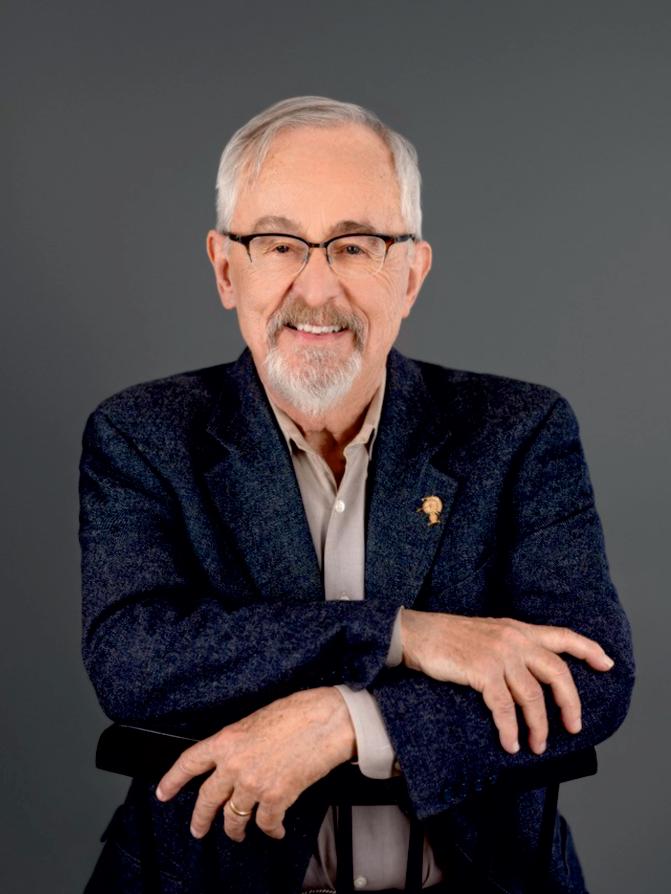
Richard Larson is not just a professor—he is a pioneer, engineer, and educational visionary Renowned for his expertise in operations research, disaster planning, smartenergy systems, and technology-enabled education, he has continuouslyredefinedacademicboundaries.Anengineerby training, Larson’s work has extended well beyond his core field.Hisapproachcombinesinterdisciplinaryresearchwith real-world applications, often focusing on issues of public importance such as pandemic response, urban logistics, and theAmericaneducationsystem.
ProfessorLarsonistheauthor,co-author,oreditorofover175 scientific publications, including six influential books. His workisfrequentlycitedandstudiedacrosstheglobe.Larson’s namecommandsrespectnotjustinacademiabutalsoamong governmentinstitutionsand privatethink tanks. For over 15 years, he served as co-director of the MIT Operations Research Center, nurturing hundreds of students and professionals.





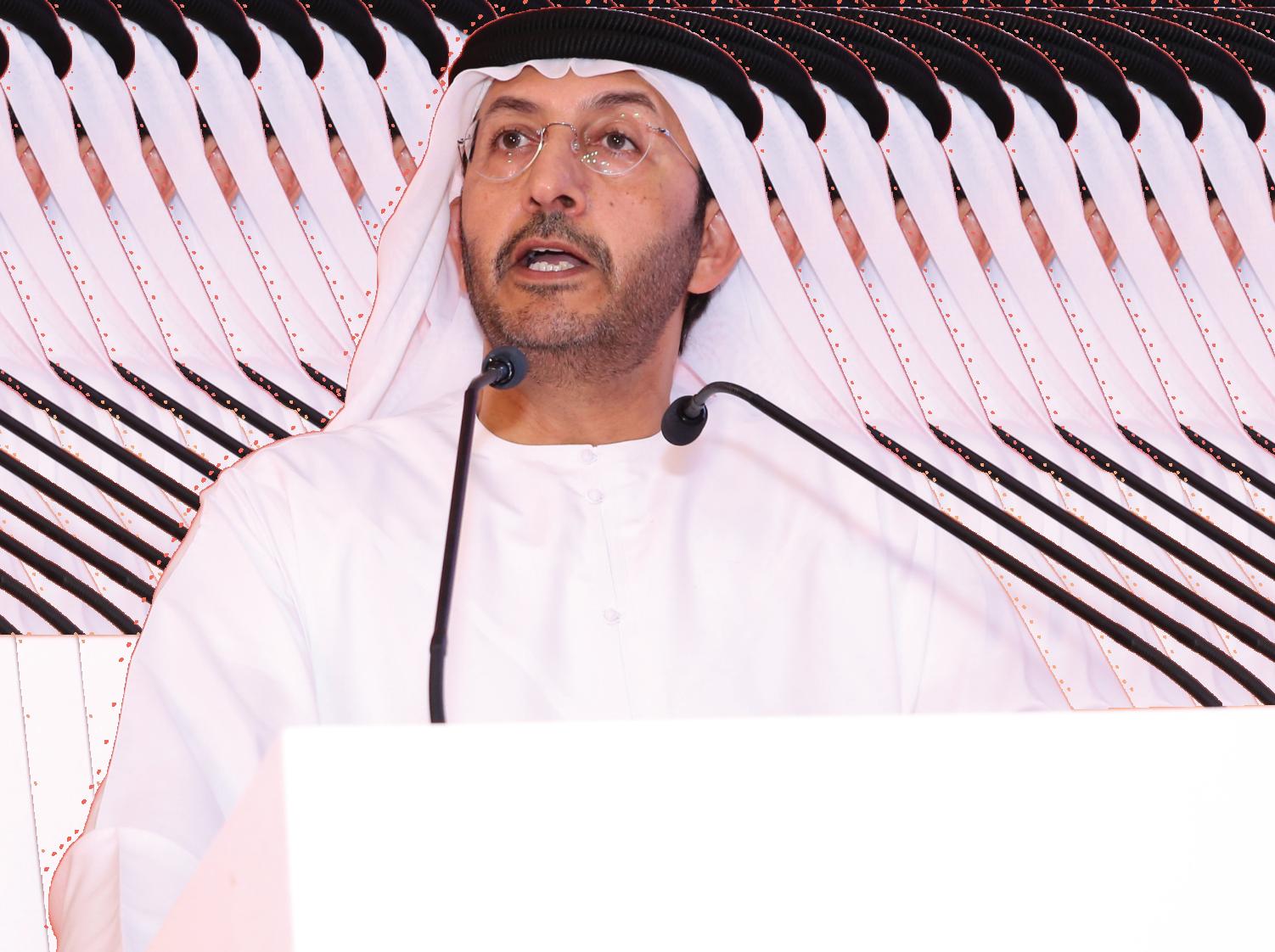
Inanincreasinglyinterconnectedworld,educationisboth a catalyst and a reflection of global change As institutions strive to meet the needs of diverse learners and rapidly evolving job markets, leaders in the field of education face mounting pressure. From equity gaps to technological shifts and cultural diversity, the leadership challenges in global education today are complex, multifaceted,andever-changing.
This article explores these challenges and offers insight into how educational leaders can rise to the occasion with adaptability,empathy,andvision.
Gonearethedayswheneducationalleadershipwasconfined to curriculum planning and institutional management Today’s global education leaders are required to be change agents, cultural ambassadors, policy influencers, and technology adopters. The scope of responsibilities has widened drastically, introducing new leadership challenges thatrequireskillsfarbeyondtraditionalpedagogy.
With globalization, students and educators increasingly engageacrossborders.Thismeansthatleadersmustnavigate differing cultural expectations, educational standards, and policyframeworkswhilestillmaintainingacohesivelearning environment.Itdemandsadelicatebalanceofglobalthinking andlocalexecution.

Oneofthemostpressingleadershipchallengesineducationis ensuringequityandinclusionacrossvariedsocial,economic, andculturallandscapes.Inmanypartsoftheworld,accessto quality education remains a privilege rather than a right. Whether it's girls in rural communities, students with disabilities, or learners from refugee backgrounds—leaders mustactasadvocatesforthemarginalized.
Creating inclusive education systems is not just about enrollment;it'saboutmeaningfulparticipationandoutcomes.

This includes investing in teacher training, rethinking assessment methods, and fostering culturally relevant curricula. Educational leaders must also champion diversity withintheirownteamstomodelthekindofworldtheywishto buildfortheirstudents.
The COVID-19 pandemic highlighted and widened the digital divide like never before. While some institutions smoothly transitioned to remote learning, others struggled due to lack of infrastructure, digital literacy, or funding.
Bridging this gap remains a significant leadership challenge today.
Technology,ifleveragedcorrectly,candemocratizelearning and offer personalized, scalable education solutions However, it also presents the risk of further exclusion if not implemented equitably Leaders must ensure that digital adoption does not leave behind students in under-resourced areas.
Furthermore, the integration of emerging technologies like AI, VR, and adaptive learning tools requires foresight, investment,andongoingtraining.Leadersmuststayupdated and ensure their institutions are not only tech-ready but also ethicallysoundintheirapplication.
As education becomes more global, cultural understanding becomes paramount. Leaders working in international settings often find themselves navigating different belief systems, languages, and pedagogical approaches This creates unique leadership challenges in communication, communityengagement,andcurriculumdevelopment.
Cultural intelligence is no longer optional; it’s essential. Leaders need to build authentic relationships with stakeholders from diverse backgrounds, respect local customs,andfosterasenseofbelongingamongalllearners.
Moreover,globaleducationpartnerships—suchasexchange programs, international schools, and cross-border collaborations—demand that leaders think beyond borders. Negotiating these partnerships involves legal complexities, mutual understanding, and alignment of shared goals, all of whichaddlayerstothealreadydemandingleadershiprole.
Resistance to change is an age-old human response, and in education,it'sparticularlypotent.Whetherit’sshiftingtonew teaching models, integrating technology, or adopting inclusivepolicies—leadersoftenfacepushbackfromfaculty, parents,policymakers,orevenstudents.
This resistance is one of the more subtle but deeply rooted leadership challenges Overcoming it requires empathy, transparentcommunication,andtheabilitytoinspireashared vision.Leadersmustbuildtrustanddemonstratethetangible benefitsofchange,notjustthroughrhetoric,butthroughlived impact.
Effective change management strategies, including stakeholderengagementandpilotprograms,canhelpreduce resistanceandfosteracultureofcontinuousimprovement.
Thementalwell-beingofstudents,teachers,andevenleaders themselvesisanemergingconcerninglobaleducation.
Long hours, high expectations, and systemic pressures can leadtoburnoutanddisillusionment.
Addressingmentalhealthisnotjustapolicyissuebutamoral one. Leaders must cultivate safe, supportive environments where psychological well-being is prioritized. This might includementalhealthresources,flexiblelearningmodels,and emotionalintelligencetrainingforstaff.
Amongthelessdiscussedleadershipchallengesistheleader’s ownwell-being.Astheresponsibilitygrowsheavier,leaders must also learn to set boundaries, delegate effectively, and seeksupportwhenneeded.
Lastly, one of the greatest leadership challenges is futureproofing education. The rapid pace of technological innovation, shifting job markets, and climate change are reshapingwhatstudentsneedtothriveinthefuture.
Leaders must be visionaries who can anticipate change and equiptheirinstitutionsaccordingly Thisinvolvesredesigning curricula for critical thinking, sustainability, and lifelong learning. Partnerships with industry, innovation hubs, and local communities can also play a role in making education relevantandresilient.
Conclusion:LeadingwithPurposeandCompassion
Navigatingglobaleducationleadershipchallengesisnosmall feat. It requires courage, creativity, and an unwavering commitment to students’ growth and well-being. But more thananything,itrequireshumanconnectiontheabilitytosee beyondpoliciesandmetricsandunderstandthelivesbehind them.
Inembracingthesechallenges,leadershavethepowertonot onlytransforminstitutionsbuttoshapesocietiesthataremore just,inclusive,andforward-thinking.Thefutureofeducation, and indeed the future of our world, depends on how courageouslyandcompassionatelywemeettheseleadership challengestoday






In the fast-changing landscape of global education, leadership is turning into a change imperative. The old administrative models are helpless in addressing the challengesoflearningenvironmentsinthe21stcentury.With technologyintegration,agrowingstudentdiversity,changing expectations of society, and greater emphasis on equity and inclusion, school leaders must rethink and rediscover themselves The emergence of new leadership styles is changing how schools operate, how instruction is being delivered, and how communities engage with education systems.
This article outlines three prominent trends that are significantly transforming the landscape of educational leadership:theriseofdistributedleadership,thestrategicuse of data-driven decision-making, and the integration of emotional intelligence and well-being into leadership practices.
One of the greatest changing questions in educational leadership is the change from hierarchical, top-down managementtothedistributedmodelofleadership.
In this, there is shared leadership among several people and groups of individuals within an institution. This allows for wider levels of participation in decision-making. Not just is this empowering to staff and teachers, but it promotes ownership and responsibility across the school community Distributed leadership is particularly useful in the complex learning setting in which no one leader can be held responsible for the entire knowledge requisite to respond to theireducation'svarietyofrequirements.
Co-governance also facilitates the construction of teaching leadership capability at a range of levels By engaging teachers, support staff, pupils, and even parents in planning and policy-making, schools are able to generate a variety of different views which increase innovation as well as inclusivity. It has been found that schools that embrace distributed models of leadership have greater staff morale, improved pupil attainment, and greater freedom to handle change. Such a strategy fosters an environment of ongoing learning and collective responsibility necessary to drive systemicschoolreform.
The digital revolution has created unparalleled possibilities for education leaders to use data to inform intentional decisions.Whethermonitoringstudentattainmentorlocating spots of instruction need and forecasting coming requirements, data-driven decision-making has become an integralcapabilityforschoolleaders.Innovativeleadersnow employ analysis to develop intentional interventions, direct resources more optimally, and design responsive learning environments specific to various individual needs.Arguably the most important implication of data-driven leadership is thatitbringspersonalizedlearningtolife.
With the ability to view real-time data and predictive analytics, leaders are able to facilitate instruction to meet different learning styles, paces, and interests. Schools are implementing adaptive learning software and artificial intelligence -enhanced tools that tailor content presentation and assessment to individual performance. This movement also underscores the need for digital proficiency in technology because proper use of sound data is dependent upon technical and ethical expertise training. Innovative leadersaremakinginvestmentsinprofessionaldevelopment toempowerstafftocorrectlyreadandanalyzedata,ultimately resultinginimprovededucationalresultsandequity.
As schools return to recovery from the pandemic, mental healthemergencies,andburnoutamongteachersandstaff,a renewed focus on emotional intelligence (EI) has become a foundation of successful leadership Emotional intelligence—therecognition,understanding,andregulation ofone'sownandothers'emotions—isbecomingmorewidely recognizedascontributingtoschoolleaders'success.HighEI leaders are more likely to establish trust, inclusive school climates,andemotionalsupportforstudentsandstaff.
Well-being is increasingly becoming part of the strategic planningineducationsystems.Pioneerleadersareputtingin place wellness structures addressing psychological safety, work-life balance, and SEL. The initiatives go beyond individual support; they are a systemic attempt to build settings where everyone can thrive. Emphasis on empathy, resilience, and open communication enables emotionally intelligent leaders to reduce staff turnover, improve student participation,anddevelopmoreresilientschoolcommunities. The trend represents a move away from transactional leadership styles and towards more human-centered and compassionate approaches that reflect the holistic aims of contemporaryeducation.
Transformative leadership in education is no longer synonymous with administrative efficacy or academic qualifications. Rather, it is marked by a capacity to inspire collaboration, leverage data for strategic impact, and lead withempathyandvision.Distributedleadership,integration of data-informed practices, and emotional intelligence elevations are some of the groundbreaking trends that will revolutionizetheeducationsectorintheyearstocome.These plans foretell the transition to more agile, participatory, and student-orientedlearningspacesthatareadaptivetotheneeds of a fast-paced world. As educational systems continue to evolve, leaders must take center stage in ensuring that innovation is driven by fundamental values like equity, integrity, and lifelong learning. By aligning with these new leadershiptrends,educatorsandadministratorscangenerate schoolsthatnotonlyeducatebutactuallyempower




